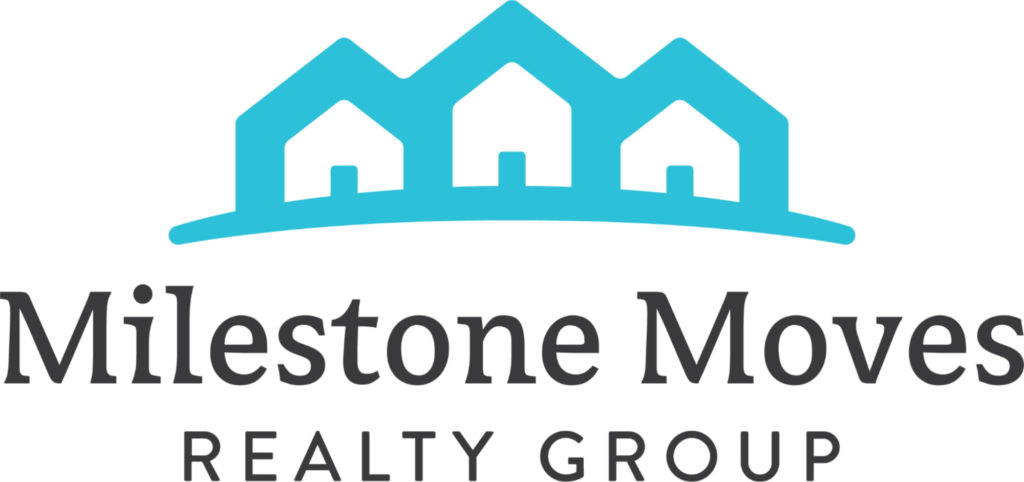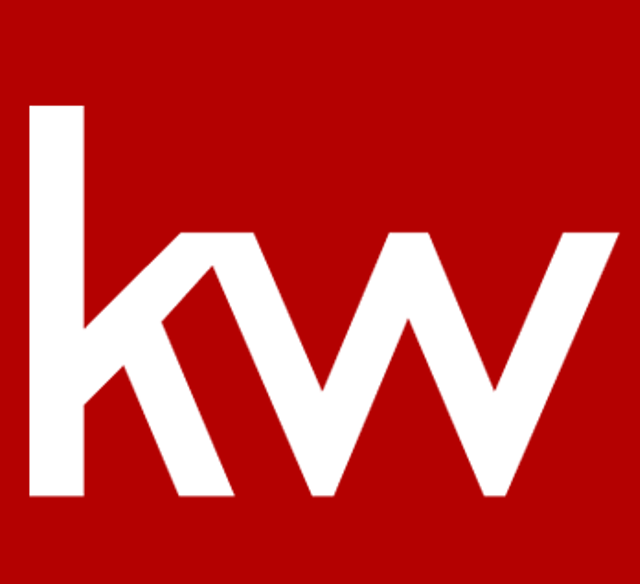
In recent years, homeowners associations (HOAs) have become increasingly popular among homebuyers. According to a study by the Community Associations Institute, approximately 26% of Americans now live in some form of community association, with HOAs being the most common type. So what exactly is an HOA and why are more people choosing to live in one?
What is a Homeowner’s Association?
A Homeowner’s Association (HOA) is a governing body that manages and maintains a residential community or neighborhood. This organization is typically created when a developer builds a new housing development, such as a condominium complex or planned community. The purpose of an HOA is to ensure the smooth running and upkeep of the neighborhood for the benefit of all its residents.
The function of an HOA is to enforce rules and regulations, collect fees, and manage common areas within the community. These rules and regulations are outlined in the HOA’s governing documents, which include articles of incorporation, bylaws, and covenants, conditions, and restrictions (CC&Rs). These documents are legally binding for all homeowners within the association.
One of the main functions of an HOA is to maintain property values within the community. This is achieved by enforcing architectural guidelines that ensure consistency in design and appearance among homes in the neighborhood. By maintaining a certain standard of aesthetics, homeowners can feel confident that their property values will not be negatively affected by neighbors who do not properly maintain their homes.
Another important role of an HOA is to manage common areas within the community. These may include parks, playgrounds, clubhouses, swimming pools, or other shared amenities. The cost of maintaining these areas typically comes from fees collected from homeowners. This ensures that everyone in the community has access to well-maintained facilities and services without having to individually pay for them.
The Importance of Thoroughly Reviewing the HOA
Purchasing a home in a homeowner’s association (HOA) comes with a lot of responsibilities and commitments. One crucial aspect that prospective buyers need to carefully consider before making such a purchase is reviewing the HOA contract. This document outlines all the rules, regulations, and bylaws that govern life within the community and can have a significant impact on your homeownership experience.
In this section, we will discuss why it is essential to thoroughly review the HOA contract before purchasing a home in an HOA.
1. Know What You’re Getting Into
The primary reason for reviewing an HOA contract is to understand what you are getting into as a homeowner. The contract will provide you with information on what services and amenities are included in your fees, how much those fees will be, and how often they may increase. It also outlines any restrictions or limitations on using common areas or modifying your property.
By thoroughly reviewing the HOA contract, you can gain insight into what type of community you are joining and whether it aligns with your lifestyle preferences.
2. Understand Your Financial Obligations
As mentioned earlier, the HOA contract includes details about fees and their potential increase over time. As a prospective buyer, it is crucial to understand these financial obligations fully. In addition to regular monthly or annual dues, some associations may also charge special assessments for unexpected expenses or capital improvements.
Thoroughly reviewing these details will help you budget accordingly and avoid any surprises down the road.
3. Familiarize Yourself with Rules and Regulations
HOA contracts also include rules and regulations that dictate how homeowners should conduct themselves within the community. These rules can range from pet restrictions to parking guidelines to noise regulations. By thoroughly reviewing these rules, you can ensure that you are comfortable living within the community and are willing to comply with all regulations.
4. Identify Any Potential Issues
Reviewing an HOA contract may also help identify any potential issues or red flags within the community. For example, if there is a history of frequent fee increases or disputes between the HOA and homeowners, it may be a sign of poor management or financial instability.
Thoroughly reviewing the contract can help you make an informed decision about whether this is a community you want to be a part of.
5. Seek Legal Advice
In some cases, an HOA contract may contain complex legal language or provisions that are difficult for the average person to understand. In such situations, it may be wise to seek legal advice before signing off on the contract.
An experienced real estate attorney can review the document and explain any terms or clauses that may not be clear to you. This can help prevent any misunderstandings or legal issues in the future.
In conclusion, thoroughly reviewing an HOA contract is crucial for any prospective buyer considering purchasing a home in an HOA. It helps to ensure that you have a complete understanding of your financial obligations, community rules and regulations, and potential issues within the community. Seeking legal advice may also be beneficial in navigating complex contract language.
Benefits of Living in an HOA
There are several benefits to living in an HOA that make it an attractive option for many homebuyers. One major advantage is the added sense of security and safety that comes with living in a regulated community. Most HOAs have rules and regulations in place that help maintain the overall appearance and cleanliness of the neighborhood, creating a more desirable living environment for residents.
Another benefit is access to shared amenities that may not be available in non-HOA neighborhoods. These can include things like community centers, fitness facilities, playgrounds, or even private beach access. In addition to these amenities, many homeowners also appreciate the convenience of having someone else take care of maintenance tasks such as lawn care or snow removal.
Final Thought
An HOA is a legal entity formed by a real estate developer to manage and maintain a residential community. When purchasing a home within an HOA, residents are automatically members and are required to pay dues or fees towards the maintenance and upkeep of shared amenities such as parks, pools, or landscaping.



